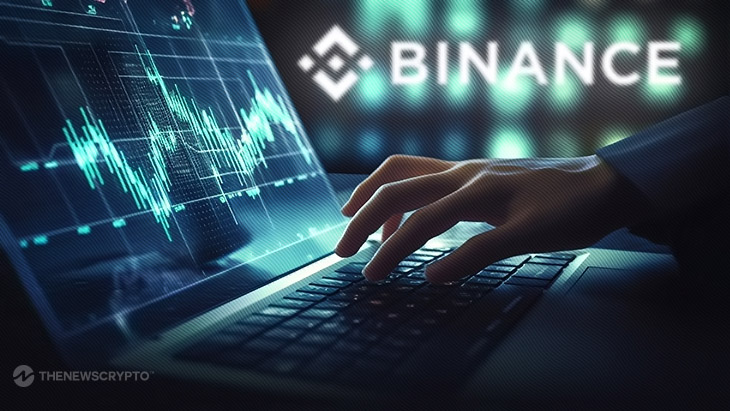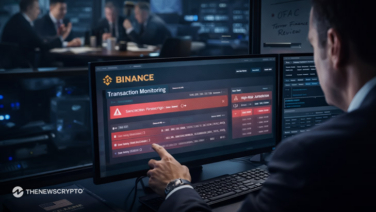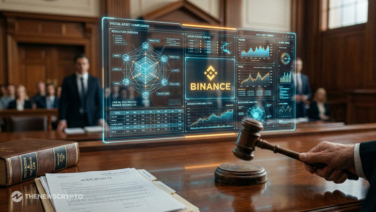Real-World Assets (RWAs) are becoming increasingly popular. An in-depth analysis of this trend can be found in the paper “RWAs: A Safe Haven for On-Chain Yields?” by Binance Research. RWAs are the digitization of real estate, bonds, currencies, and commodities—among other physical and intangible assets—on blockchain networks, facilitating more convenient trade and liquidity.
Key Takeaways:
RWAs improve efficiency, accessibility, and transparency by enabling the on-chain deployment of conventional finance (TradFi) assets in decentralized finance (DeFi) systems.
Excluding the $175 billion stablecoin market, the market size for on-chain RWAs was $12 billion as of September 2024, indicating strong development.
Tokenized US Treasuries, private credit, commodities, real estate, and non-US bonds are the primary categories in the RWA space. Air rights, fine art, and carbon credits are emerging fields.
The growth of the market has been fueled by the participation of institutional companies including WisdomTree, Franklin Templeton, and BlackRock. With a BUIDL product that has a market capitalization of over $500 million, BlackRock dominates the tokenized US Treasury market, while WisdomTree and Franklin Templeton are venturing into tokenized equities and Treasury products.
Technological Infrastructure:
- Key components of the RWA infrastructure include custodial solutions, oracles, and smart contracts.
- Smart Contracts make it easier to accrue income on-chain and automate the representation of off-chain assets.
- Oracles ensure data accuracy by bridging the gap between off-chain legal agreements and on-chain activities. RWA-specific oracles are often needed to fulfill sophisticated tokenization requirements.
- Systems for identity and compliance guarantee compliance with regulations, using zero-knowledge (ZK) and soulbound tokens (SBTs) in a dynamic manner.
- Both on-chain and off-chain methods are used in asset custody; multi-signature wallets and collaborations with established custodians are crucial.
Project Analysis:
Several important RWA protocols are analyzed in the report, including:
- By tokenizing US Treasury bonds, Ondo enables consumers to purchase yield-bearing assets via DeFi platforms.
- Through its TBILL Vault, OpenEden provides exposure to short-term US Treasury bills, enabling on-chain involvement in conventional TradFi products.
- To allow liquidity aggregation across chains, Centrifuge tokenizes real estate, invoices, and other assets.
- By tokenizing real estate market indices, Parcl enables investors to make investments in synthetic representations of real estate.
- Toucan makes eco-friendly investing possible by enabling the tokenization of carbon credits.
- Jiritsu specializes in using privacy-preserving ZK technology to securely tokenize RWAs.
Technical and Market Risks:
Although RWAs provide a lot of potential, there are a few concerns to be aware of:
- Regulatory compliance requirements mean that many RWA processes have a high risk of centralization.
- Asset security is at danger from third-party dependencies, particularly when it comes to custodians.
- It is necessary to weigh yield factors against each protocol’s complexity and possible dangers.
- The report highlights the increasing need for reliable oracle solutions, paying particular emphasis to the precise data feeds and legal triggers that RWAs require.
The issues of privacy and compliance are especially significant, as protocols depend on cutting-edge cryptographic solutions like ZK technology to satisfy legal requirements without jeopardizing user privacy.
Market Outlook:
The report’s conclusion includes a consideration of potential future developments, such as the US Federal Reserve’s anticipated rate decreases, which may have an effect on the yield on tokenized Treasuries. However, because of their special advantages including transparency and diversity, RWAs are likely to continue being appealing investments. The legal environment continues to be a barrier, as many protocols struggle to comply with regulations and retain decentralization while upholding compliance standards.
Notwithstanding the difficulties, the analysis shows that RWAs remain an important area of development for conventional finance as well as DeFi, with room for more innovation in tokenization, security, and compliance solutions.
This synopsis offers a high-level knowledge of the developing RWA ecosystem and the ways institutional and technical developments are influencing the market.








